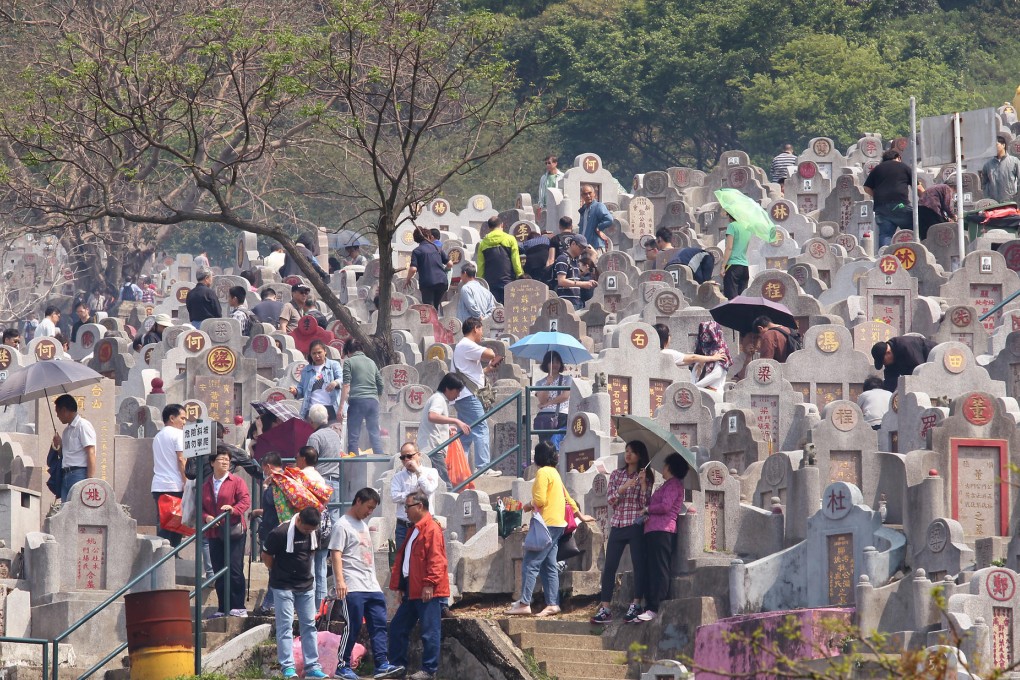Letters to the Editor, December 18, 2014
The attack by the Taliban movement of Pakistan on a school in the city of Peshawar, which killed 132 students and nine staff, was a brutal act.

The attack by the Taliban movement of Pakistan on a school in the city of Peshawar, which killed 132 students and nine staff, was a brutal act.
How can it be attributed to a religion which places emphasis on mercy and justice even with an enemy?
We all are in grief and sadness over the loss of these children. Every child, irrespective of ethnic or religious background, is an asset for the future and they deserve our kindness and love. Parents have hopes for the future prospects of their children.
So many parents in Peshawar were waiting for the return of their loved ones, hoping to enjoy lunch together, or thinking about a family holiday this winter. They waited to greet their children and instead must identify their bodies. They must now be asking for what crime were these young people murdered. Is it a crime to attend school, is it a crime to get an education?
The Islamic community in Hong Kong condemns in the strongest possible terms this inhuman act and expresses its solidarity with the parents of these students and with the government of Pakistan.
We urge support from the international community for Pakistan in its fight against these terrorists who defame the name of Islam.